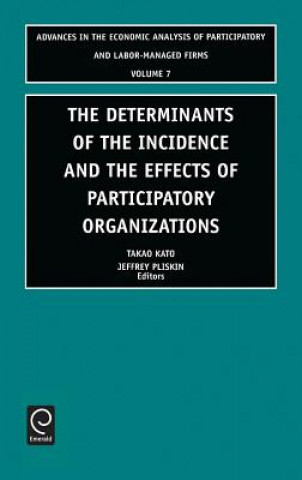
Kod: 04687701
Determinants of the Incidence and the Effects of Participatory Organizations
Autor J. Pliskin, Takao Kato, Jeffrey Pliskin
This volume of "Advances in the Economic Analysis of Participatory and Labor-Managed Firms" consists of ten original papers. The first five papers address the effects of institutions of governance (at the workplace and corporate l ... więcej
- Język:
 Angielski
Angielski - Oprawa: Twarda
- Liczba stron: 284
Wydawca: Emerald Publishing Limited, 2003
- Więcej informacji o książce

899.54 zł

Dostępna u dostawcy w małych ilościach
Wysyłamy za 10 - 14 dni
Potrzebujesz więcej egzemplarzy?Jeżeli jesteś zainteresowany zakupem większej ilości egzemplarzy, skontaktuj się z nami, aby sprawdzić ich dostępność.
Dodaj do schowka
Zobacz książki o podobnej tematyce
-

IBM WebSphere Application Server 8.0 Administration Guide
312.74 zł -

Oxford IB Diploma Programme: Chemistry Course Companion
279.46 zł -15 % -

Invasion Rabaul
105.04 zł -4 % -

Business Result: Advanced: Teacher's Book Pack
130.50 zł -2 % -

Frida Kahlo
135.61 zł -

Sassy Cinderella and the Valiant Vigilante
47.10 zł -23 % -

Montale and the Occasions of Poetry
280.36 zł
Podaruj tę książkę jeszcze dziś
- Zamów książkę i wybierz "Wyślij jako prezent".
- Natychmiast wyślemy Ci bon podarunkowy, który możesz przekazać adresatowi prezentu.
- Książka zostanie wysłana do adresata, a Ty o nic nie musisz się martwić.
Więcej informacji o Determinants of the Incidence and the Effects of Participatory Organizations
Za ten zakup dostaniesz 527 punkty
 Opis
Opis
This volume of "Advances in the Economic Analysis of Participatory and Labor-Managed Firms" consists of ten original papers. The first five papers address the effects of institutions of governance (at the workplace and corporate levels), including new forms of workplace governance (e.g., self-directed teams), a traditional form (or trade unions) and financial participation schemes. The subsequent three papers turn to the issues of the determinants of the incidence of such institutions, followed by two theoretical contributions. The paper by Tor Eriksson introduces a new survey of participatory employment practices in Danish firms, and connects these practices to productivity gains for the firm and wage gain for workers.Jose Alberto Bayo-Moriones, Pedro Javier Galilea-Salvatierra, and Javier Merino-Diaz de Cerio introduce a new telephone survey of participatory employment practices in 965 manufacturing establishments in Spain, and investigate whether these practices lead to gains for the firm and workers. While the above two papers focus on new institutions of workplace governance, the next paper studies a traditional institution of workplace governance, i.e., trade unions. Chris Doucouliagos and Patrice Laroche conduct a meta-analysis of the effect of unions on productivity growth. All three papers so far concentrate on non-financial aspects of governance. The next two papers tackle such financial aspects. The contribution by Agustin Ros is an empirical study of the effects of employee ownership on effort/shirking and horizontal monitoring based on rich survey data collected by the author on an employee owned firm and 6 comparable private firms.The paper by Everaert and Hildebrandt contributes to the literatures on transition economies and participatory firms by examining the determinants of the incidence of soft budget constraints (SBCs), in particular enterprise ownership structure (including different forms of private ownership). The next three papers turn to the issues of the determinants of participation. Andrew Pendleton, Erik Poutsma, Jos Van Ommeren and Chris Brewster use a unique cross-national survey of financial participation schemes in 2,506 establishments in 14 EU countries, and try to study the determinants of the adoption of such schemes. Christopher Adams uses rich data on 1,153 product line workers in 162 British private sector manufacturing establishments to examine the use of group incentives (profit sharing or employee share ownership) and worker participation in decision making (specifically over the range of tasks performed).The paper by Nicholas Wilson, Hao Zhang, and Andrew Robinson is an empirical study that examines hypotheses arising from a transaction cost economics (TCE) framework to explain employee share ownership. The last two papers are theoretical contributions. Jan Erik Askildsen and Norman Ireland carefully develop a model of bargaining by a union and a firm over future benefits (e.g., a defined benefit pension) when workers may not receive these benefits either because the firm goes out of business before the benefit is to be paid or the worker leaves the firm before the benefit is vested. In his paper "Comparative Systems, Destructive Trade and World Distributive Justice," one of the pioneers on the broad field of participatory and labor managed firms, Jaroslav Vanek, extends earlier work by presenting an analysis of the impact of international trade in today's globalized economy.
 Szczegóły książki
Szczegóły książki
Kategoria Książki po angielsku Economics, finance, business & management Economics Labour economics
899.54 zł
- Pełny tytuł: Determinants of the Incidence and the Effects of Participatory Organizations
- Podtytuł: Theory and International Comparisons
- Autor: J. Pliskin, Takao Kato, Jeffrey Pliskin
- Język:
 Angielski
Angielski - Oprawa: Twarda
- Liczba stron: 284
- EAN: 9780762310005
- ISBN: 0762310006
- ID: 04687701
- Wydawca: Emerald Publishing Limited
- Waga: 576 g
- Wymiary: 234 × 156 × 17 mm
- Data wydania: 01. February 2003
Ulubione w innej kategorii
-

Shutdown in Youngstown
531.76 zł -
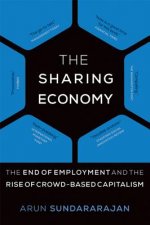
Sharing Economy
83.69 zł -23 % -
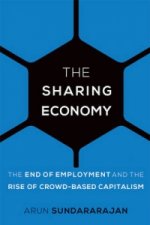
Sharing Economy
103.34 zł -22 % -

Reflective Practitioner
176.81 zł -

Out of Poverty
173 zł -

Search Theory and Unemployment
561.83 zł -

Love, Money, and Parenting
147.24 zł -4 % -
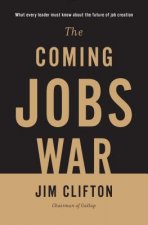
Coming Jobs War
119.27 zł -10 % -
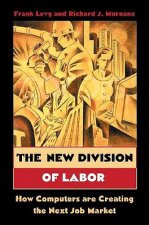
New Division of Labor
168.89 zł -

Workers of the World
398.54 zł -

Wealth of Humans
74.47 zł -23 % -

Hired
47.10 zł -23 % -
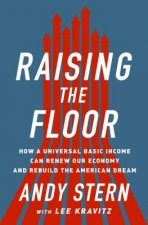
Raising the Floor
106.24 zł -19 % -

Reflective Practitioner
192.15 zł -
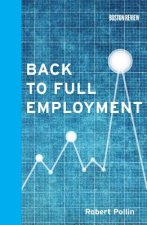
Back to Full Employment
38.58 zł -22 % -

Industrial Relations in Japan
845.41 zł -
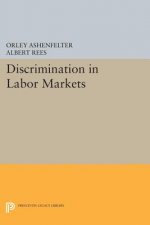
Discrimination in Labor Markets
174.71 zł -

Inequality in America
131.30 zł -22 % -
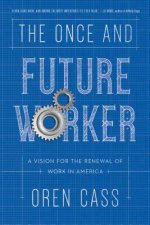
Once and Future Worker
105.04 zł -4 % -

Debating Universal Basic Income
234.05 zł -

Shop Class as Soulcraft
114.56 zł -11 % -
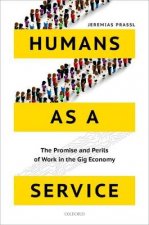
Humans as a Service
119.27 zł -5 % -

e-Government and Employment Services
284.37 zł -
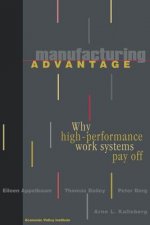
Manufacturing Advantage
214.50 zł -
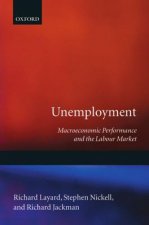
Unemployment
348.42 zł -
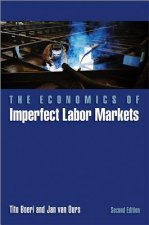
Economics of Imperfect Labor Markets
321.46 zł -5 % -
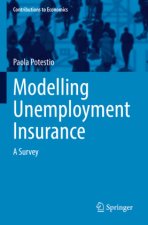
Modelling Unemployment Insurance
612.25 zł -

Unemployment
1239.85 zł -

Social Production of Art 2/E Pb
164.98 zł -
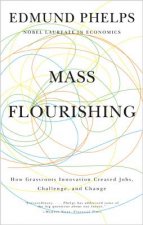
Mass Flourishing
136.52 zł -
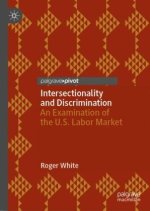
Intersectionality and Discrimination
269.23 zł -
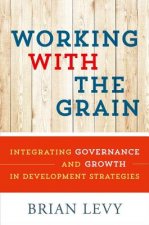
Working with the Grain
852.22 zł -
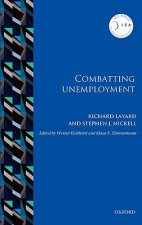
Combatting Unemployment
558.02 zł -

Social Change and the Experience of Unemployment
374.58 zł -
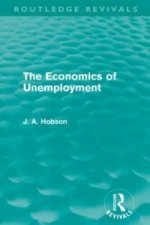
Economics of Unemployment (Routledge Revivals)
221.92 zł -

Jobs, Earnings, and Employment Growth Policies in the United States
284.37 zł -

Impact of Networks on Unemployment
284.37 zł -

Global Gag Rule and Women's Reproductive Health
290.68 zł -
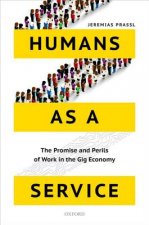
Humans as a Service
205.18 zł -

Nonlinear Models, Labour Markets and Exchange - Introductory Surveys in Economics, Volume II
509.71 zł -10 % -

Behind the Urals
106.04 zł -

Unequal Pay for Women and Men
47.60 zł -22 % -
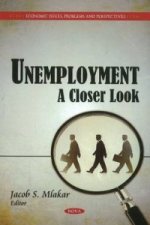
Unemployment
535.87 zł -22 % -
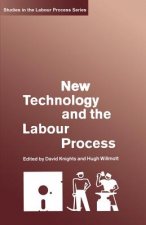
New Technology and the Labour Process
561.83 zł -

Product Market Structure and Labor Market Discrimination
531.76 zł -
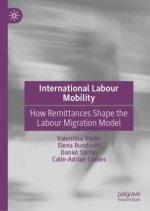
International Labour Mobility
662.57 zł -
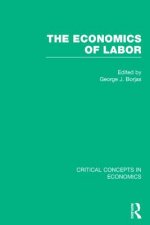
Economics of Labor
6867.27 zł -
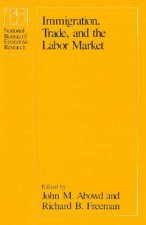
Immigration, Trade and the Labour Market
548.80 zł -

Standard Occupational Classification (SOC) 2010 Vol 1
455.28 zł
zadowolonych klientów
Od roku 2008 obsłużyliśmy wielu miłośników książek, ale dla nas każdy był tym wyjątkowym.
Copyright! ©2008-24 libristo.pl Wszelkie prawa zastrzeżonePrywatnieCookies


 21 milionów książek
21 milionów książek Dostawa 10.99 zł
Dostawa 10.99 zł (32) 444 93 66 (8-15.30h)
(32) 444 93 66 (8-15.30h)